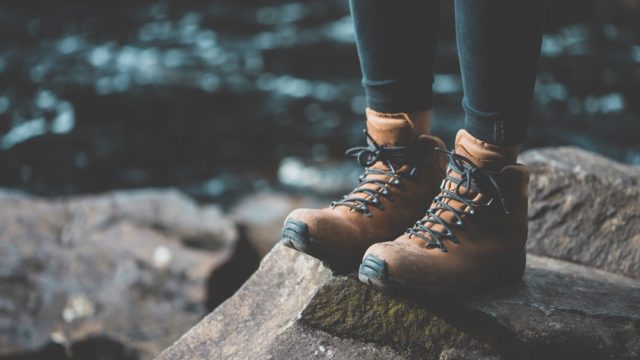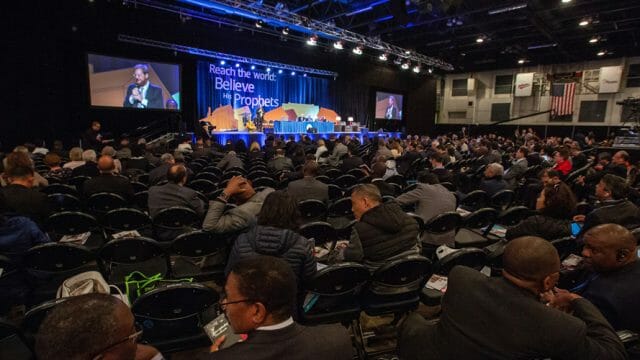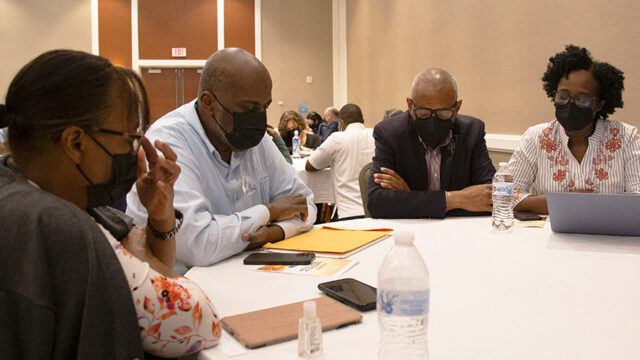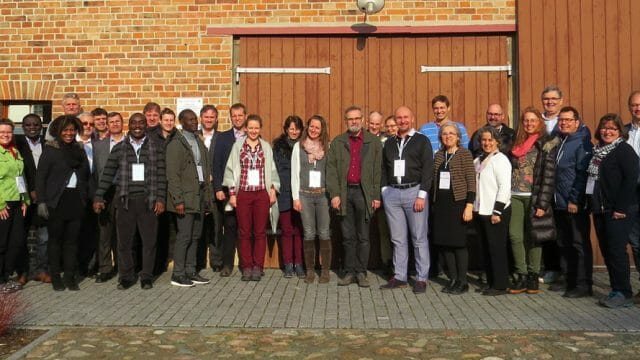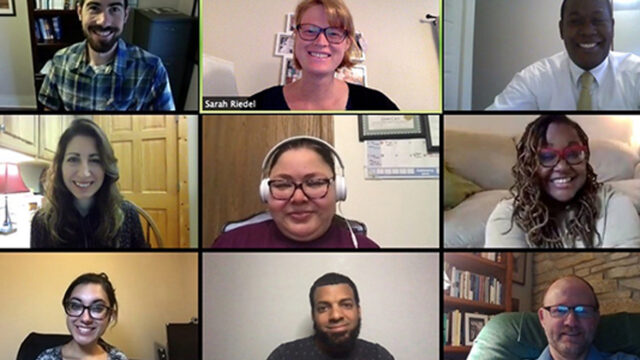In South America, volunteer doctors meet to discuss ways of doing mission.
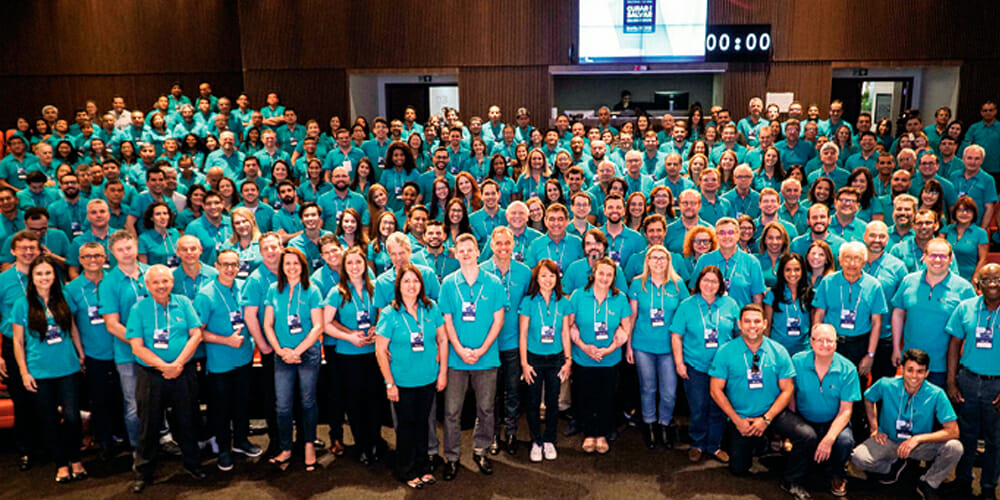
Ever since he began attending medical school at Montemorelos University in Mexico more than 20 years ago, Alberto Almeida has been involved in mission projects. Currently a urologist serving at Silvestre Adventist Hospital in Rio de Janeiro, Brazil, Almeida is part of a group of physicians that every year takes part in outreach initiatives among coastal communities in the Amazon region.
Amongst the many cases the missionary urologist has taken care of while on trips, one of them sticks in his mind. Because Almeida lacked the proper equipment to perform a delicate surgery, he had to discharge a patient without solving his condition. A year later, as he was getting ready for his next volunteer service trip, Almeida decided to include the equipment he needed to perform the surgery, even as he paid US$300 for extra luggage.
“My patient was thrilled and thankful that I had traveled ready to perform the surgery he needed,” shared Almeida. “The surgery was successful, and he recovered completely. The joy I feel when serving people like him surpasses any personal sacrifice.”
Just like Almeida, hundreds of Seventh-day Adventist physicians volunteer in various projects for serving patients with low income or limited access to health-care facilities.
Close to 280 of these volunteer professionals met for the fourth conference of the Brazil Seventh-day Adventist Medical Association (AMA) at the South American church regional headquarters in Brasilia, June 29-July 1, 2018.
Under the theme “Heal and Save: A Complete Work,” the event paired physicians and university students for a weekend of motivational talks on mission. Volunteers also got acquainted with completed mission projects across several Brazilian regions. On Sabbath (Saturday) afternoon, they had a chance to put into practice what they had learned through a pilot outreach initiative hosted at 18 local Adventist churches in Brazil’s capital.
People from the community were offered free medical appointments, especially for chronic and lifestyle-related conditions that do not need medication for recovery. “The goal was for patients to introduce lifestyle changes after being advised how to do so,” explained South American Division health ministries director Rogério Gusmão. The services provided were not limited to a one-day event, however, as patients in need of additional support were offered follow-up options for 12 weeks, he said.
According to Luiz Fernando Sella, AMA director and one of the founders of the association, the goal of events such as this year’s conference is to connect Adventist physicians with each other and encourage them to get involved in mission work and serve alongside local pastors. “Physicians have a pastoral call,” said Sella, director of Rituaali Lifestyle Medicine and Spa in Penedo, Rio de Janeiro. “They take care of people’s bodies and souls.”
Launched five years ago, AMA has also sponsored smaller gatherings within the region, a spokesperson said, and both physicians and medical students can become AMA members.


